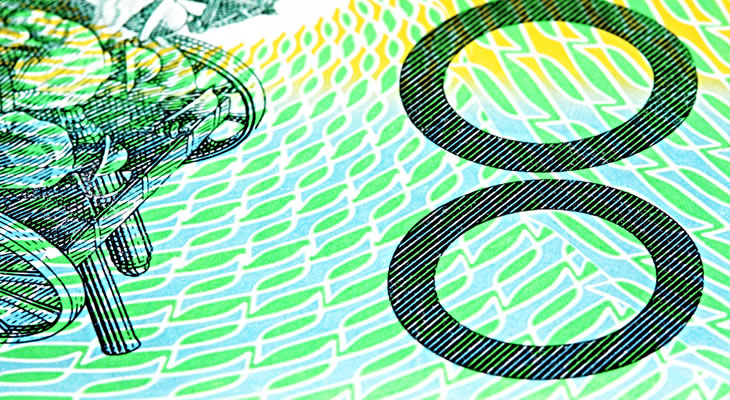An unexpectedly sharp uptick in the BBA mortgage approvals figure for July helped to boost the Pound Australian Dollar exchange rate.
This positive showing limited the negative impact of the latest UK gross domestic product data, which showed some discouraging signs for the economic outlook.
While the initial estimate that growth picked up to 0.3% on the month was unchanged the accompanying surprise stagnation in business investment gave markets less cause for confidence.
As Brexit-based uncertainty looks set to weigh on economic conditions for some time to come the Pound remains largely biased to the downside.
Jasper Lawler, Head of Research at London Capital Group, noted:
‘Sluggish growth adds credence to the notion of the UK economy nearing a Brexit-induced cliff-edge. Recent signs of falling business confidence become of particular concern when they translate into the ‘hard data’. Nonetheless, while UK growth trudges along at a slow pace, the Bank of England will view it as offset by above-target inflation. The decision whether to raise rates is still finely balanced and we expect the Bank of England to continue to do what they know best, nothing.’
Even so, with risk appetite generally weakening in anticipation of the Jackson Hole economic symposium the GBP AUD exchange rate was nevertheless able to gain ground on Thursday morning.
Fed Comments Could Undermine Commodity-Correlated ‘Aussie’
Developments in wider market sentiment remain the major driver of the Australian Dollar ahead of the weekend, keeping the antipodean currency on a weaker footing.
Investors failed to take any particular encouragement from the latest report from Moody’s, which noted that although government debt is set to rise the threat to Australia’s AAA rating is not significant.
In large part this softness was thanks to mounting market jitters ahead of fresh commentary from members of the Federal Open Market Committee (FOMC), in particular Fed Chair Janet Yellen.
If Yellen continues to fuel expectations for a December interest rate hike this could put additional pressure on the ‘Aussie’, with a stronger US Dollar likely to dent the recent rally in base metal prices.
On the other hand, any signs of dovishness from the key policymaker could encourage investors to pile back into higher yielding currencies once again.
Any fresh doubts over the Trump administration’s ability to deliver on its promised infrastructure investment and tax reforms could also weigh on the GBP AUD exchange rate, unless tensions with North Korea show renewed signs of flaring up.
With confidence in the underlying health of the Australian economy still rather limited, though, the antipodean currency may struggle to sustain any particular support in the coming days.


Comments are closed.